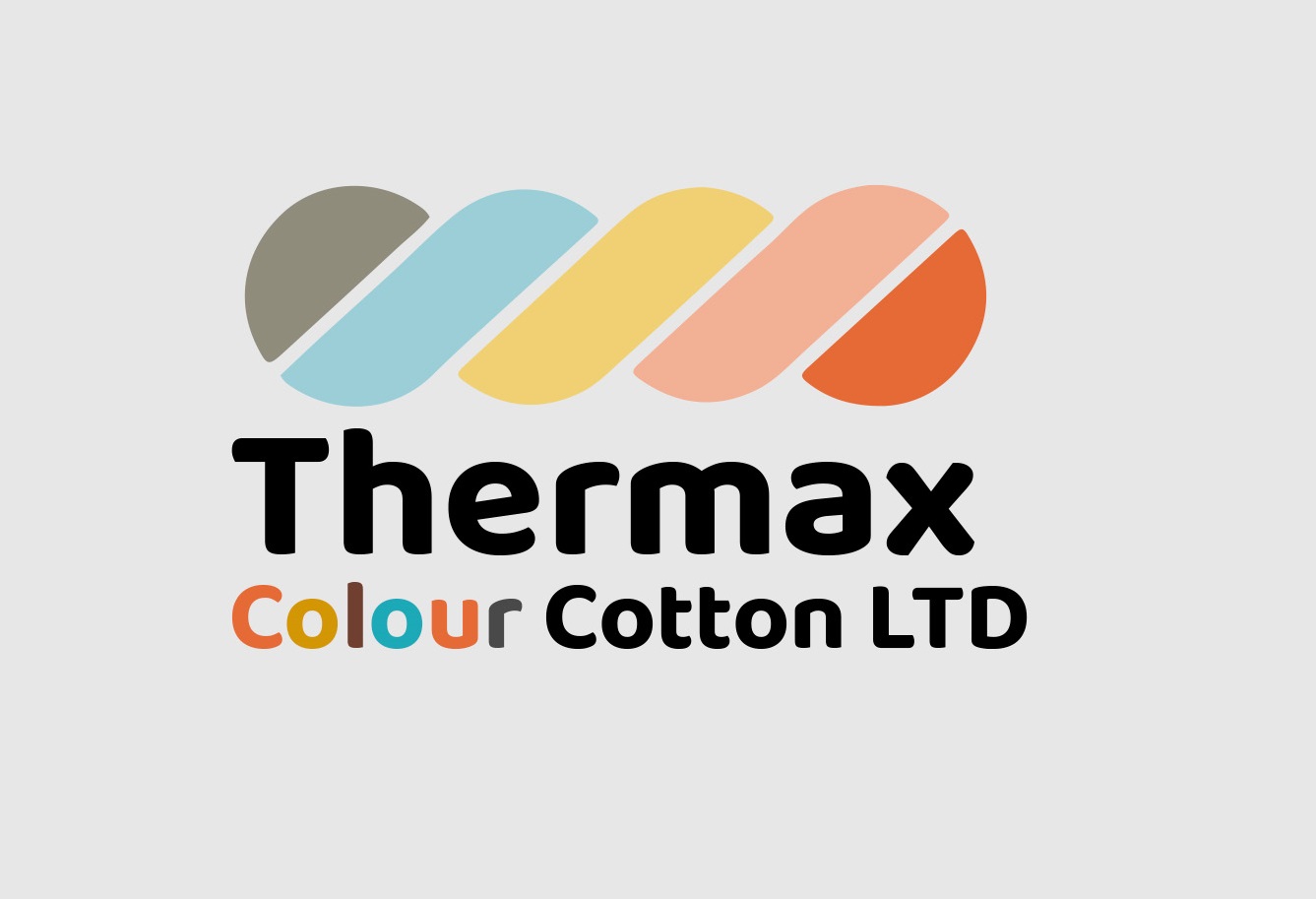-
About Us
-
Products
-
Investor Info
-
Financial Statement
- IPO
- Directors Report
- Price Sensitive Information
- Status of Compliance (CGS)
- Details of Shareholder
- Announcement
- Code of Conduct
- Dividend Distribution Policy
- Undelivered Dividend & IPO Subscription Amount
- BSEC Guideline
-
Financial Statement
- IPO
- Directors Report
- Price Sensitive Information
- Status of Compliance (CGS)
- Details of Shareholder
- Announcement
- Code of Conduct
- Dividend Distribution Policy
- Undelivered Dividend & IPO Subscription Amount
- BSEC Guideline
-
Financial Statement
- IPO
- Directors Report
- Price Sensitive Information
- Status of Compliance (CGS)
- Details of Shareholder
- Announcement
- Code of Conduct
- Dividend Distribution Policy
- Undelivered Dividend & IPO Subscription Amount
- BSEC Guideline
-
Financial Statement
- IPO
- Directors Report
- Price Sensitive Information
- Status of Compliance (CGS)
- Details of Shareholder
- Announcement
- Code of Conduct
- Dividend Distribution Policy
- Undelivered Dividend & IPO Subscription Amount
- BSEC Guideline
-
Financial Statement
- IPO
- Directors Report
- Price Sensitive Information
- Status of Compliance (CGS)
- Details of Shareholder
- Announcement
- Code of Conduct
- Dividend Distribution Policy
- Undelivered Dividend & IPO Subscription Amount
- BSEC Guideline
-
Financial Statement
- IPO
- Directors Report
- Price Sensitive Information
- Status of Compliance (CGS)
- Details of Shareholder
- Announcement
- Code of Conduct
- Dividend Distribution Policy
- Undelivered Dividend & IPO Subscription Amount
- BSEC Guideline
-
Financial Statement
- IPO
- Directors Report
- Price Sensitive Information
- Status of Compliance (CGS)
- Details of Shareholder
- Announcement
- Code of Conduct
- Dividend Distribution Policy
- Undelivered Dividend & IPO Subscription Amount
- BSEC Guideline
- IPO
- IPO
- IPO
- IPO
- IPO
- IPO
- IPO
-
Financial Statement
